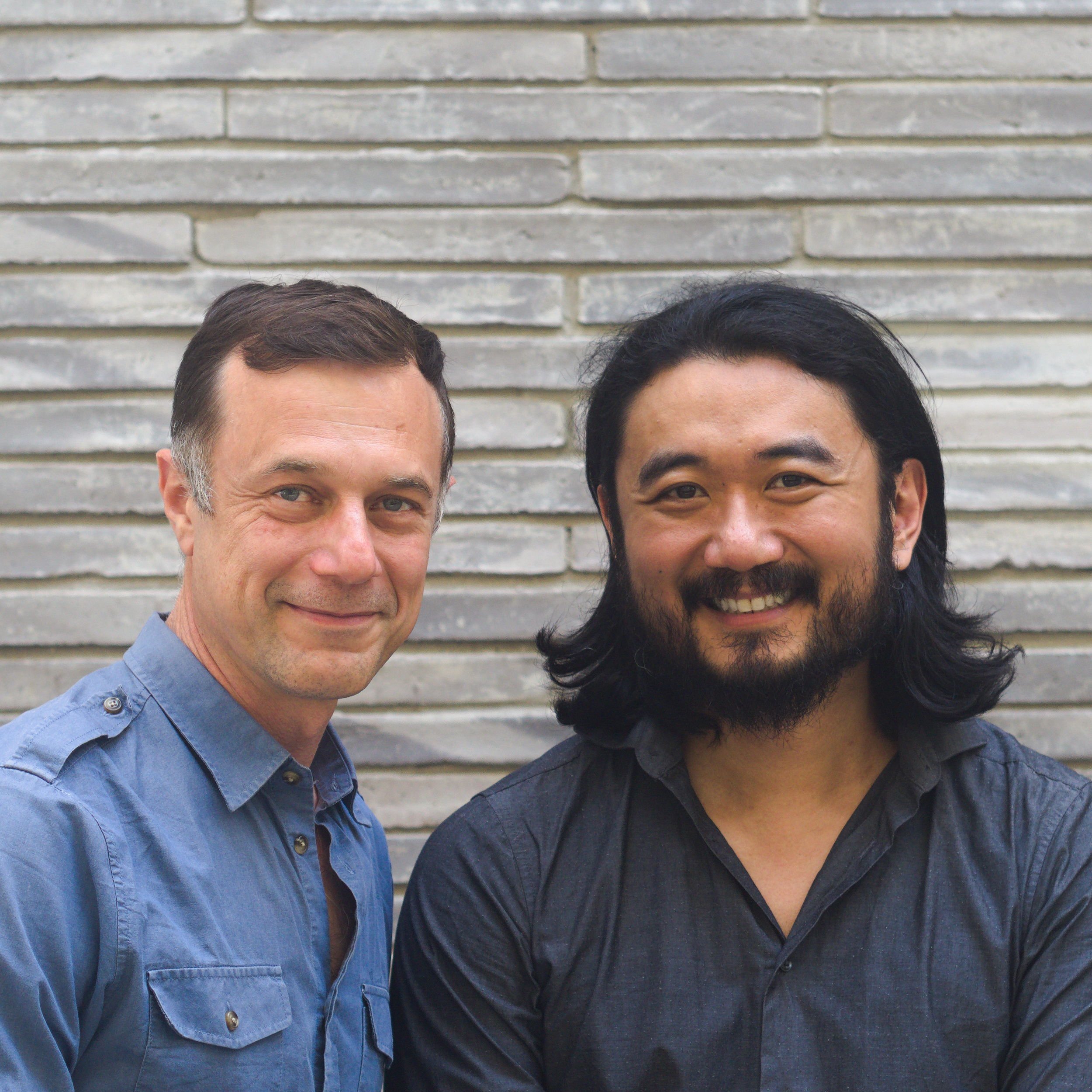Podcast (how-to-be-an-adult): Play in new window | Download (38.8MB) | Embed
Subscribe: Apple Podcasts | Spotify | Amazon Music | iHeartRadio | Email | TuneIn | Deezer | RSS
Since the dawn of time, philosophers have grappled with how to cope with our knowledge of death, both when it happens to loved ones and when it happens to us. In this episode, we do our best to answer this age-old question, referencing both traditional wisdom and more recent thought. Bonus content: Luke demonstrates that it’s okay to cry in public, such as when you’re talking about your cat’s final days.
How to Be an Adult has shifted from a bi-weekly to a monthly release schedule.
- Repressing our knowledge of mortality is a root cause of anxiety according to Ernest Becker’s theory. Accepting death can help alleviate lower level anxieties.
- Near-death experiences can give people a new perspective on life and the inevitability of death. Pascal had a scary flight experience that made him value living in the present.
- The Latin phrase “memento mori” means “remember you will die” and reminds us to confront death and accept it to gain liberation from fears. Some Buddhist practices involve meditating on corpses.
- When coping with the deaths of others, it’s important to remember the whole story and relationship rather than just the final moments. Memories and values of lost loved ones continue after they’re gone.
- Parents will usually die before their children, but the lessons and values they instilled can echo for generations through what is passed down.
- Quality of life matters more than mere quantity, and it may be right to pursue death in cases of extreme suffering without treatment options.
- Being present with a dying pet during its final moments can provide closure and comfort for both the animal and its owner.
- To face one’s own death well requires living life well through self-love, letting go of regrets, and aligning with one’s values so there are no missed opportunities.
- Considering what we might regret or not regret on our deathbed can help guide decision-making and priorities while alive.
- Discussing death helps demystify it and cultivate equanimity, which supports well-being and alleviates everyday anxieties.
Table of Contents:
00:00 – Intro
01:22 – Repression of our knowledge of death is a leading cause of anxiety
03:53 – Memento mori
10:37 – How do we cope with those who die before us?
17:10 – Appreciating the small moments
20:44 – Quality over quantity of life
25:58 – How do we die excellently?
32:13 – Outro
Listen above, on Apple Podcasts or on Spotify, or watch the full video on YouTube, free of third-party advertising. Remember to like, subscribe and share!

Luke Chao and Pascal Langdale are the co-hosts of the How to Be an Adult podcast. Possessing of a philosophical approach to life, they are both keenly interested in improving the society they live in. In this podcast, they share their thoughts freely in order to democratize high-quality living.
